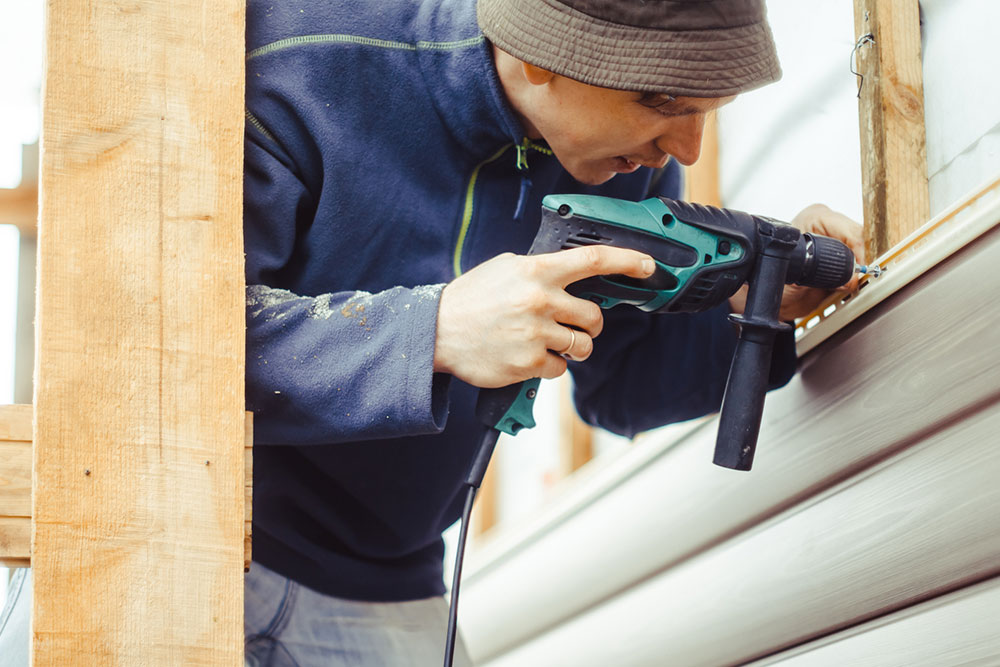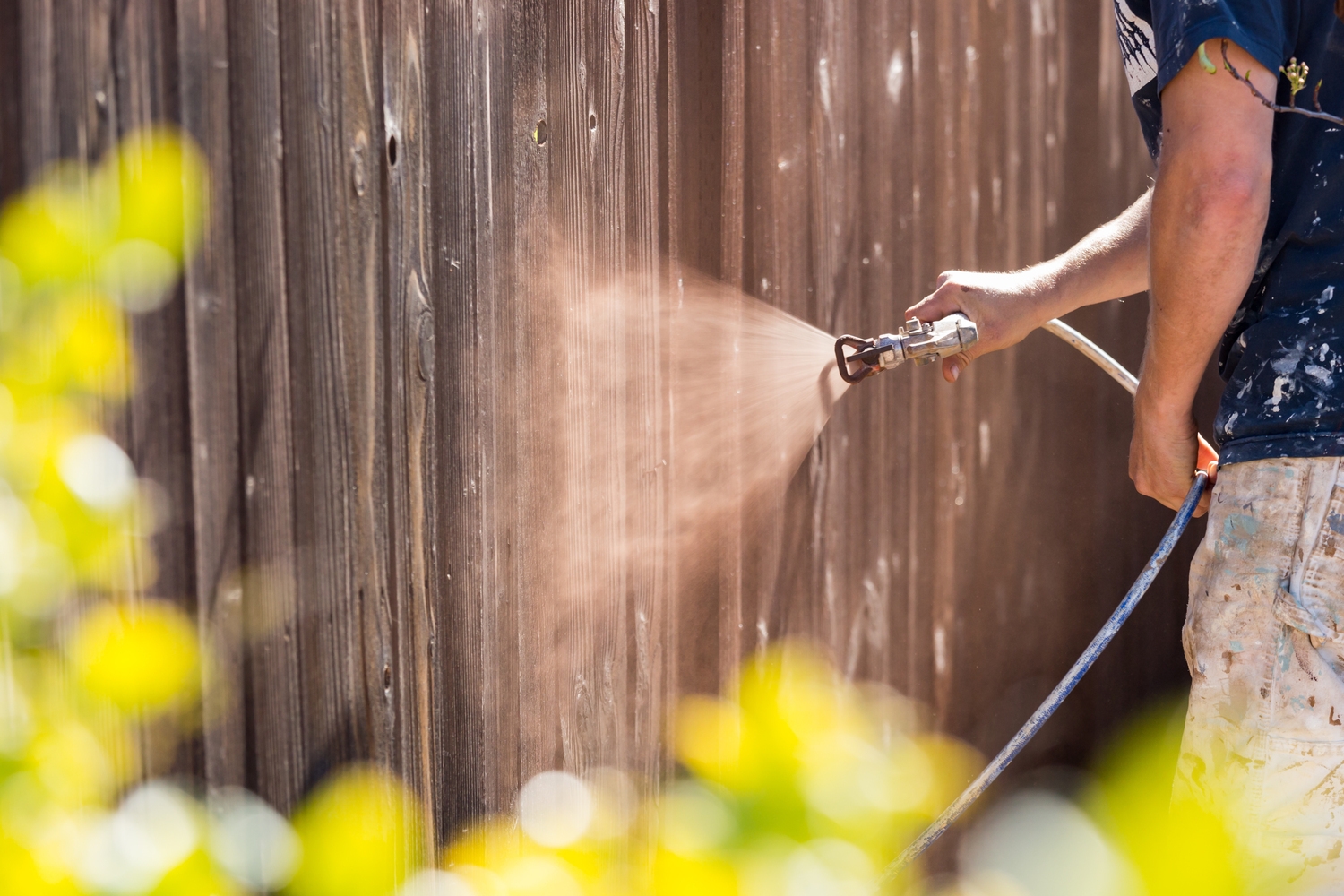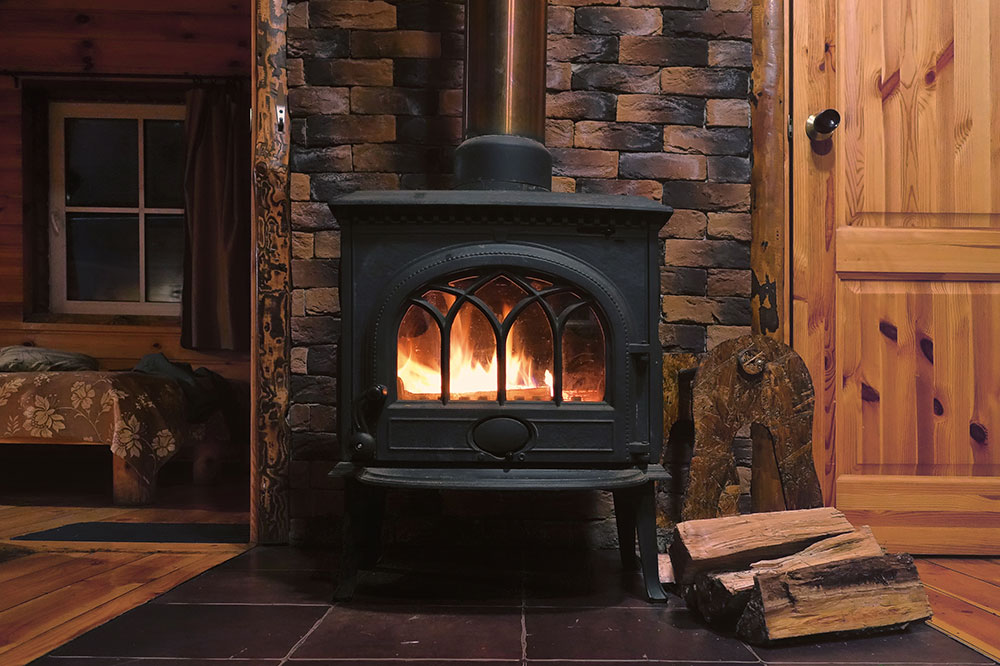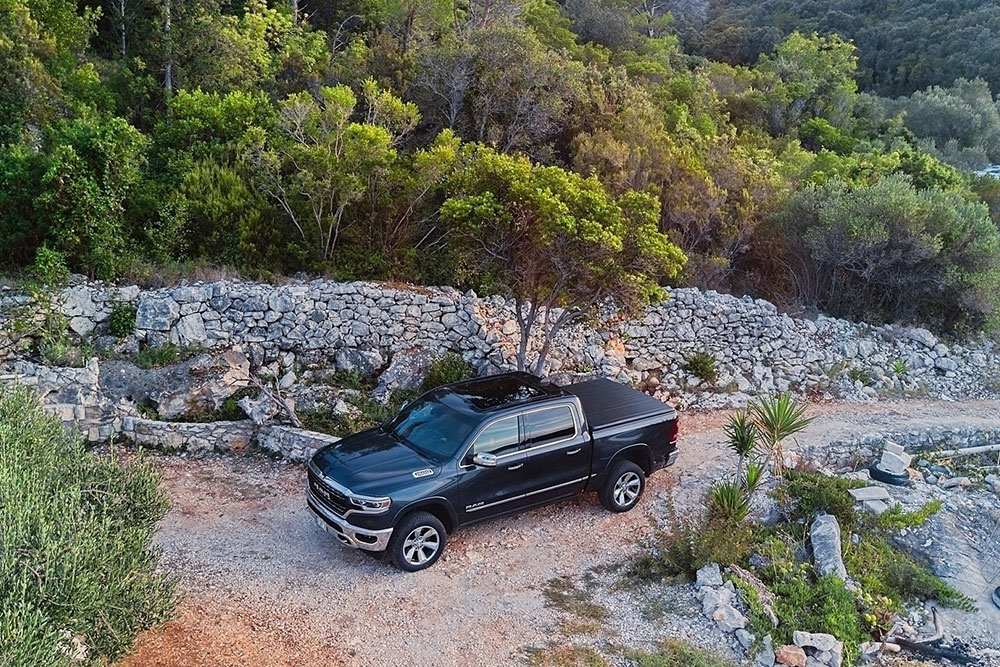7 Factors that Affect the Price of Vinyl Siding in 2024
Renovating a home’s siding with vinyl is a popular choice for many homeowners. The material has various benefits, including increasing a home’s curb appeal, energy efficiency, and, of course, resale value. It is also the best option for those looking for affordable siding material. Understanding everything about the material and the important factors that may affect the cost of vinyl siding in 2024 will ensure that one makes the right purchasing decision.

Quality
It is important to know that all vinyl sidings are not the same. The length and the thickness of the siding are crucial factors in determining its quality and price.
– If an individual is on a budget, they could opt for builder’s grade vinyl siding, which measures 0.40mm. It is a cheap and thin siding option that is usually used in most residential homes.
– Thin residential grade measures 0.42 mm and offers decent insulation.
– Standard residential grade has a thickness of 0.44mm and is a common choice because of its adequate insulation and sturdiness while being cost-effective.
– Thick residential grade is similar to the standard option but provides better insulation with a 0.46mm thickness while being cost-effective.
– Super thick grade vinyl siding is about 0.50mm thick and offers excellent insulation and protection against rain and wind.
– A premium-grade siding option is expensive and measures between 0.52mm and 0.55mm thick. The material offers top-notch insulation and protection from penetrative heat and low temperatures.
Location
The cost of vinyl siding may differ based on where one lives. The local labor and shipping costs to transport the materials to the area are two primary variables that could affect the price. For instance, vinyl responds well to heat and freeze cycles in the Northeast and Midwest. Therefore, it might be easy to find in those locations, making it inexpensive. However, it might be more prone to damage in higher temperatures in the Southern states. As it might be used less frequently in this area, the shipping and installation costs might be higher.
Style
Vinyl sidings have grown popular because they are available in various colors and styles. Its mold helps it resemble the look of other siding material types, such as brick, wood lap, stone, shingles, and shakes. It’s these styles that are common contributors to price. For instance, options like traditional lap, smooth, beaded, clapboard, and Dutch lap might cost between $2 and $6 per square foot, while log-, brick-, and stone-look options may cost between $5 and $10 per square foot.
Home size
The cost of vinyl siding is calculated per square foot. Therefore, the size of the home will be a contributing factor when it comes to its installation. The cost of installing the material ranges from $2.50 to $10.75 per square foot. Therefore, homeowners with a 1,000-square-foot home could expect to pay between $2,500 and $10,750 for vinyl siding. Those with a 4,000-square-foot home can expect to pay a much higher cost, ranging from $10,000 to $43,000.
Labor
The cost of labor could differ depending on a home’s location, but the average cost to install vinyl siding is about $3.70 per square foot, with a general range of $2 to $5 per square foot. Therefore, if an individual’s home is about 1,000 square feet, they could expect to pay about $2,150 or $5,250 in labor costs.
Trimming
Following the vinyl siding installation, one might need to pay an additional fee to trim the material. This cost could range up to $1,800 or higher based on factors like the type of vinyl siding, region, and brand reputation. This finishing element lines a home’s edges, windows, and doors. These costs are typically included in the total price for the vinyl siding installation.
Documentation
Apart from labor and materials, one might also incur costs associated with documentation for the project. For instance, a homeowner might need to secure a permit from the local municipality to initiate installation. Each local municipality has codes for the permits and inspections required for siding installations. One should contact the local planning or development authority for an application. Typical documentation costs for siding installations could range between $150 and $3,000.
Home siding cost calculator
There are various ways to help one determine the cost of a vinyl siding installation. One method involves searching for home siding cost calculators on the internet. Various credible brands have these calculators embedded in their websites. The calculator may help one input factors such as the home’s location, size, and material type to assess the cost of the project. One could experiment with how costs change by selecting various siding types, including vinyl.
Tips to manage and lower the vinyl siding costs
One could follow these tips to manage and lower the costs of vinyl sidings.
It is best to get the siding replacement done during the slow seasons. Early fall and spring are the best times to replace the siding because they are outside the peak season.
While brands offer premium vinyl sidings, sometimes a standard or thin residential grade should work as well. Therefore, based on one’s requirements, one could choose the cheaper option to lower the installation costs.
A homeowner should check with multiple siding installation professionals and get a quote before choosing one. Some contractors work exclusively with a particular brand, so one might find a better deal with a different professional who works with multiple or cheaper manufacturers.




